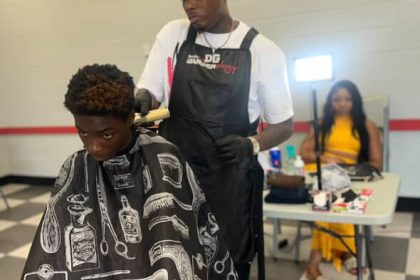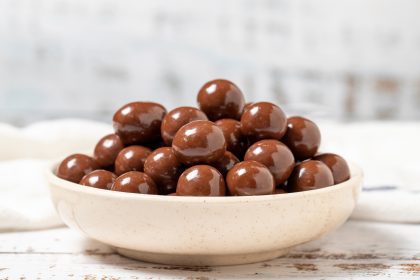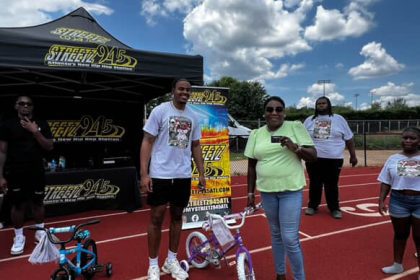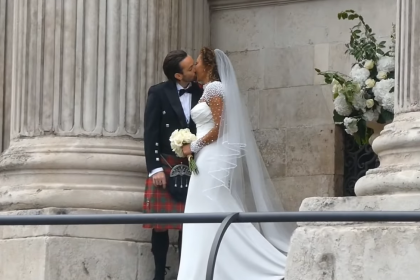 In her book, The Real Pepsi Challenge, author Stephanie Capparell recounts the story of how Pepsi-Cola hired an all-black sales team to focus on the “Negro” market in the 1940s.
In her book, The Real Pepsi Challenge, author Stephanie Capparell recounts the story of how Pepsi-Cola hired an all-black sales team to focus on the “Negro” market in the 1940s.
In the late 1940s because of the vision of Pepsi’s black marketing team, the company’s ads portrayed blacks as affluent, middle class achievement-driven Americans. “It really changed the way blacks were seen . showing and profiling African Americans of achievement,” says Capparell. “It was really one of the first educational campaigns to sell a product.”
The team traveled around the country and performed exceedingly well.Capparell says, “The team raised Pepsi’s sales [by] 13 percent in most of their campaigns, and at some point they even helped Pepsi push past its rival, Coca-Cola, which was no small thing in those days.”
By 1951, the team disbanded, and two of its members went on to enjoy significant success with the company. Julian Nicholas became the national head of the special markets team, and in 1962, Harvey Russell became a vice president, making him the first black vice president of a major U.S. corporation.
Capparell believes that similar to the 1940s Pepsi team, large corporations have made strides in diversifying talent, but still have to do more. “Some of the best intention[ed] companies who have gotten more and more diverse staffs, are not doing well in nurturing that talent and getting them into the highest echelons of business,” she says. -cherice e. norman
For more information, log onto www.substantialfilms.com.










